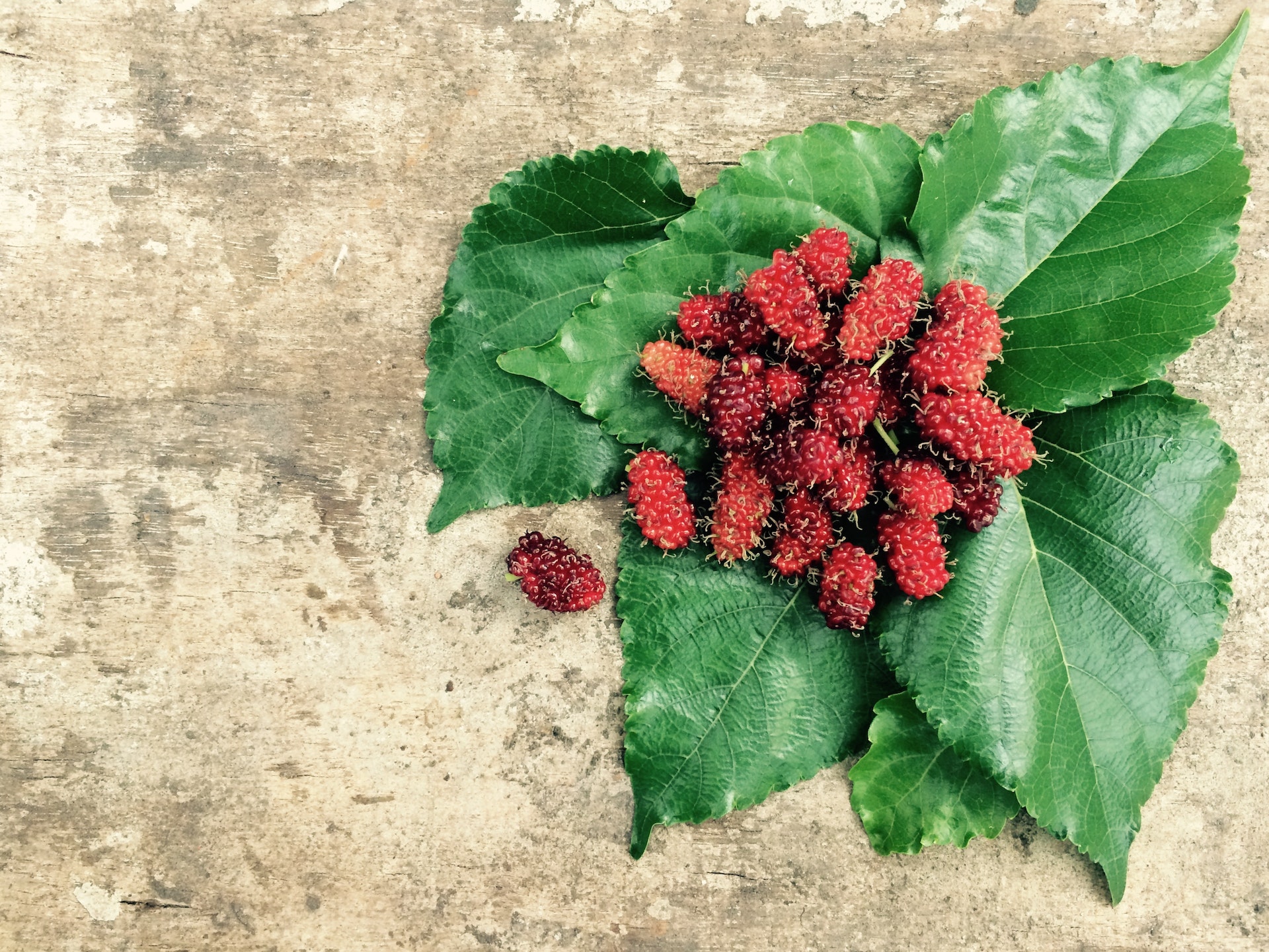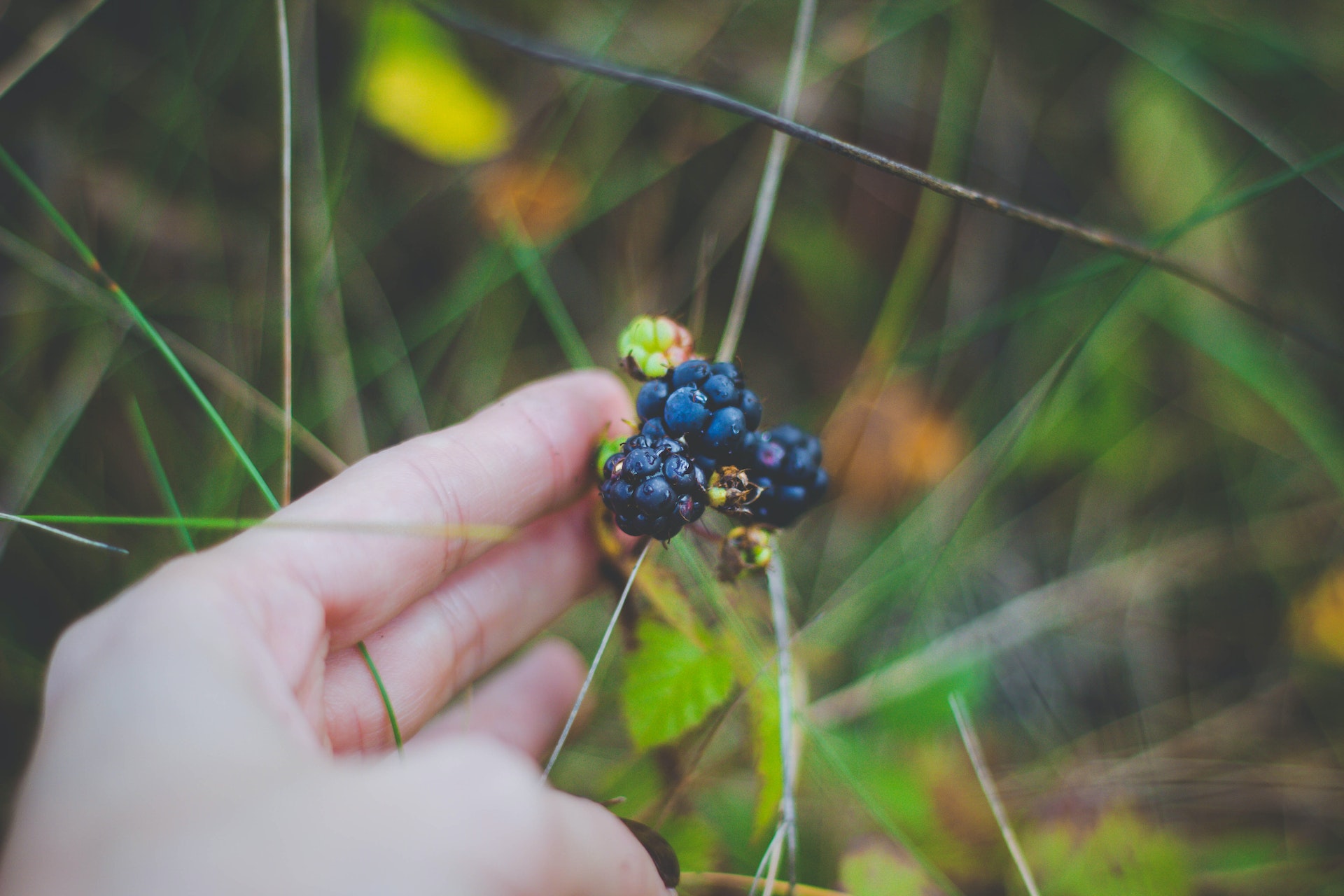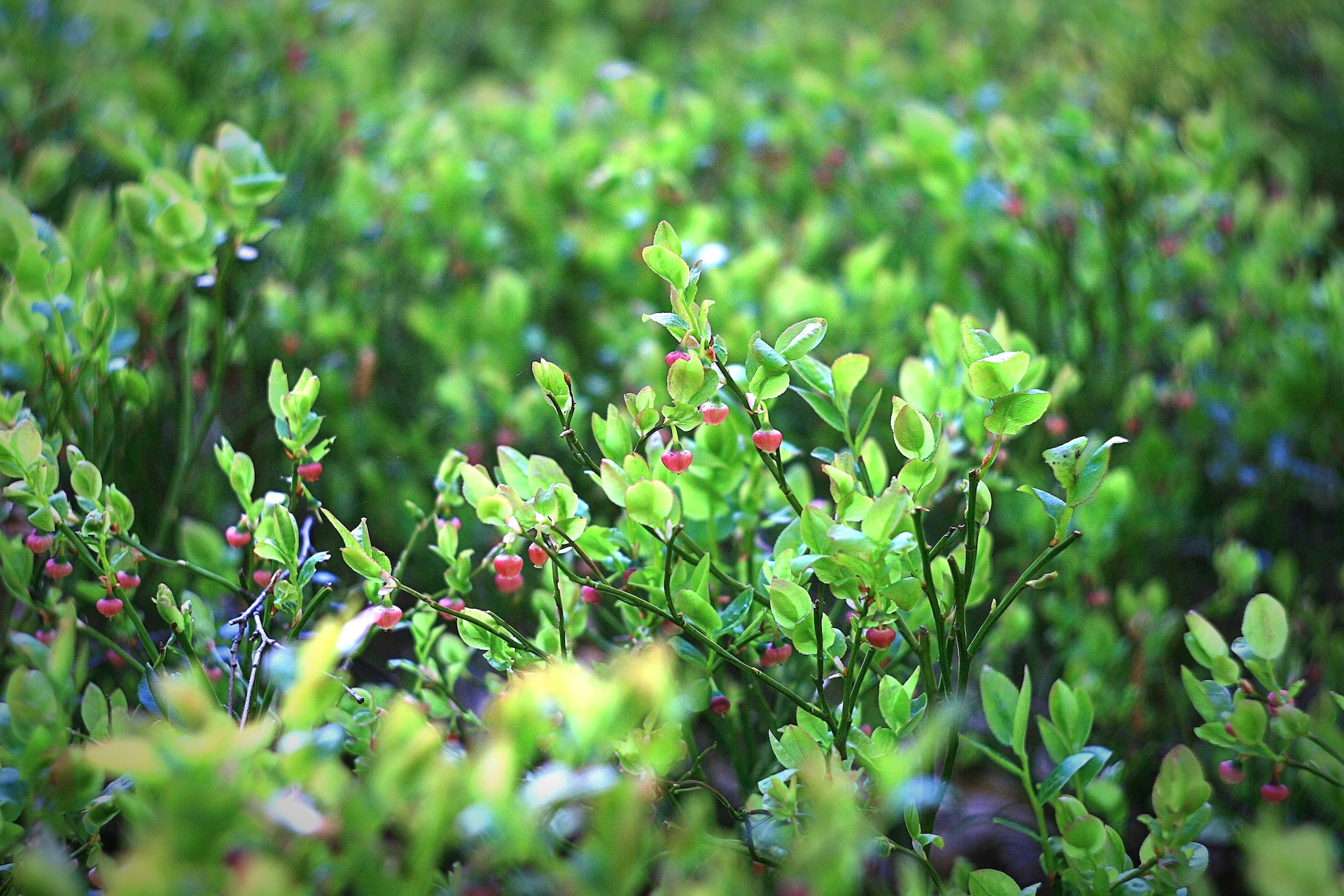Can Dogs Eat Mulberries? (Facts You Didn’t Know)
Do you love snacking on mulberries and always want to share them with your pup? You’ll be happy to hear that dogs can eat mulberries, in moderation. There is more than just offering in moderate amounts, you might be asking questions like can I give white mulberry to my dog? What are the nutritional facts…
Do you love snacking on mulberries and always want to share them with your pup? You’ll be happy to hear that dogs can eat mulberries, in moderation.
There is more than just offering in moderate amounts, you might be asking questions like can I give white mulberry to my dog? What are the nutritional facts of mulberries and mulberry leaves?

Keep reading to learn more about dogs and mulberries, so that you can safely share this treat.
Can dogs eat dried mulberries?
While dried mulberries are non-toxic for dogs, dog owners should avoid giving them as a treat.
Dried mulberry fruit is often packed with high levels of sugar, making them a bad choice to feed to dogs.
Too much sugar can cause serious health issues like obesity, diabetes, heart disease, and other health problems.
Dogs are also more likely to overeat dried mulberries since they’re smaller in size.
Ingesting too many mulberries may give your dog a stomach ache and cause issues to its digestive system.
Fresh mulberries are the best way to serve these treats to your pup. Both dried and cooked berries contain more calories.
They may also have food additives that are unsafe for dogs to consume. Make sure to wash the mulberries to remove pesticides before feeding them to your dog.
Can dogs eat mulberry leaves?
The leaves of a mulberry bush are non-toxic and safe for canine friends to eat in small quantities.
In large amounts, the high fiber (including insoluble fibers) in the leaves can cause diarrhea, pain, stomach upset, or constipation in dogs.

Always remember to only feed mulberry leaves in small amounts to avoid an adverse reaction.
Leaves also lack proper nutrients and eating too much can cause nutritional deficiencies.
You should also be wary of letting your canine friend eat leaves off a bush that is not from your yard.
Plants that are on other properties can contain pesticides that are toxic to dogs.
It’s better to err on the side of caution and prevent your dog from eating plants that don’t belong to you.
Can dogs eat white mulberries?
White mulberries, like red and black mulberries, are safe for dogs to eat once they are ripe.
You should still only give your pup small amounts, to avoid an upset stomach and other adverse effects.
Are dogs allergic to mulberries?
Dogs are generally not allergic to mulberries. However, any dog can be allergic to a specific food.
When giving your dog any food for the first time it is best to offer only a small amount.
Afterward, you should keep an eye on them to make sure there is no allergic reaction occurring.
Signs of an allergic reaction in dogs include:
· Itching and scratching
· Licking or rubbing their face and skin
· Irritated, red, and inflamed skin
· Missing patches of fur
· Recurring ear or skin infections
· Issues with digestion such as diarrhea, vomiting, or loss of appetite
If you notice your dog displaying any of these symptoms, do not give them any more mulberries. You can contact your veterinarian for further medical advice.
A veterinarian can also perform a food allergy test on your dog. Although, studies show that these tests are often inaccurate.
How many mulberries can a dog eat?
To avoid giving your dog stomach issues, you should offer them only a small amount of mulberries.
Aim to give your dog only one-quarter cup of these berries at a time. Again, only give your dog one or two berries if you’re introducing it to their diet, just like you would do with new food.

You can offer this tasty treat to your dog two or three times a week. It is important to ensure that treats such as this comprise only 10% to 20% of their diet.
Smaller dogs can also be given smaller amounts until you’re sure it is not causing digestive problems.
Are unripe mulberries poisonous to dogs?
While unripe mulberries are not poisonous to dogs, they still should not be offered to them.
Unripe mulberries contain a hallucinogenic compound, making them unsafe for dogs to consume.
These unripe berries will also cause digestion issues for your furry friend. It is safer to wait and ensure that the berries are ripe before feeding them to your dog.
Why does my dog like to eat mulberry leaves?
One common reason that this occurs is if the dog has an upset stomach. Dogs eat leaves to induce vomiting, helping to alleviate abdominal pain and discomfort.
It is normal to see wild dogs eat foliage if they are unable to find enough food elsewhere.
This is a way for them to try to add more nutrients to their diet. Domesticated dogs may be eating leaves for the same reason.
Mulberry leaves tend to have a sweet and slightly fruity taste. So, it is also possible that your dog may just like the taste or even the smell of these leaves.
Health benefits of mulberries for dogs
They are rich in antioxidants and full of vitamin C, vitamin K, and vitamin E. They also contain important minerals such as iron and potassium. Fresh mulberries offer dogs the same nutritional benefits as they do humans.
These vitamins and minerals are essential nutrients that work to improve blood circulation, brain health, ease oxidative stress, and the production of red blood cells, improve the immune system, remove free radicals, and maintain healthy bones, and healthy skeletal structure which is a good thing for dog’s body.
Mulberries contain gut-healthy fibers and compounds known to lower the risk of cancer.
These berries lower cholesterol and help to maintain proper blood sugar levels. Including mulberries in your dogs’ diet reduces the risk of diabetes, obesity, and heart problems.
What berries are toxic to dogs?
Several berries are toxic to dogs and should never be fed to them. Look out for these berries and keep your pups away from them, can cause digestive issues or fatality.

While technically not a berry, cherries are toxic for dogs and should not be given to them. The main reason for this is that the seeds, leaves, and stems of this plant contain cyanide.
In large quantities, cherries can cause cyanide poisoning and can even become fatal. The pits inside can also cause blockages in the dogs’ intestines.
Juniper berries
Juniper berries are another fruit that is harmful to dog’s health. In small amounts, the toxins in these berries may cause vomiting or diarrhea.
In large amounts, these berries can cause damage to the kidneys and seizures.
The berries on mistletoe are highly toxic to dogs. Chemical compounds in the mistletoe berries cause gastrointestinal issues.
This can result in pain, vomiting, and diarrhea. These berries can even lower blood pressure, disrupt heart rates, and cause seizures.
Holly berries
Holly berries contain an alkaloid that can be poisonous even in small amounts. Symptoms such as diarrhea, vomiting, and drowsiness can occur after ingesting these berries.
Baneberries
Another one to look out for is baneberries. Baneberries are extremely poisonous to dogs and can become fatal after just a few.
Consuming these berries can lead to skin irritation and blisters. In rare cases, they can cause cardiovascular or neurovascular issues.
Pokeberries
Pokeberries are another berry that should not be consumed by four-legged friends. The entire plant, from the flowers to the roots, is highly toxic to this animal.
Pokeberries contain compounds that can cause gastrointestinal issues, seizures, muscle fatigue, and difficulty breathing. The consumption of these berries can even become fatal.
It’s important to recognize the symptoms of poisoning in dogs. These sign include:
· Vomiting
· Diarrhea
· Seizures
· Loss of appetite
· Drowsiness
· Bloody stool or blood in the urine
If you observe these symptoms in your dog, seek medical help immediately.
Last word on feeding berries to your dog
Fresh, washed mulberries are a healthy and yummy treat to give to your dogs. Make sure the berries are fully ripened and given in moderation.
Observe your dogs’ behavior after introducing these berries to them. And your dog can also enjoy small amounts of mulberry leaves. Small quantities of these berries eaten often provide great nutritional benefits.





